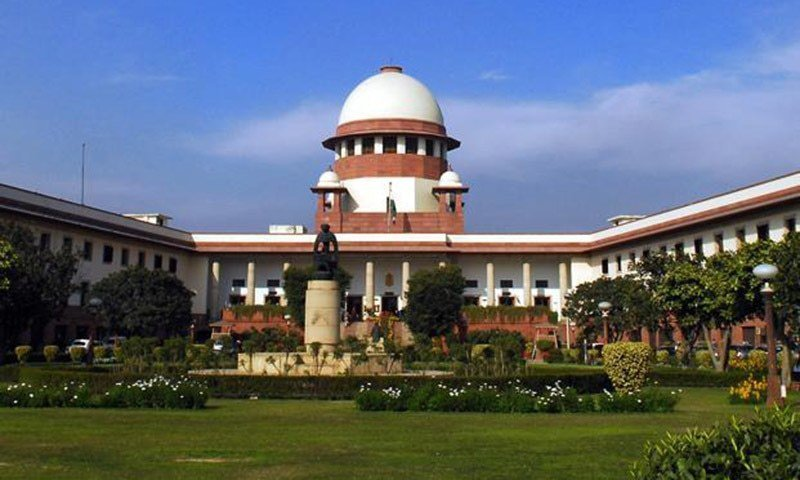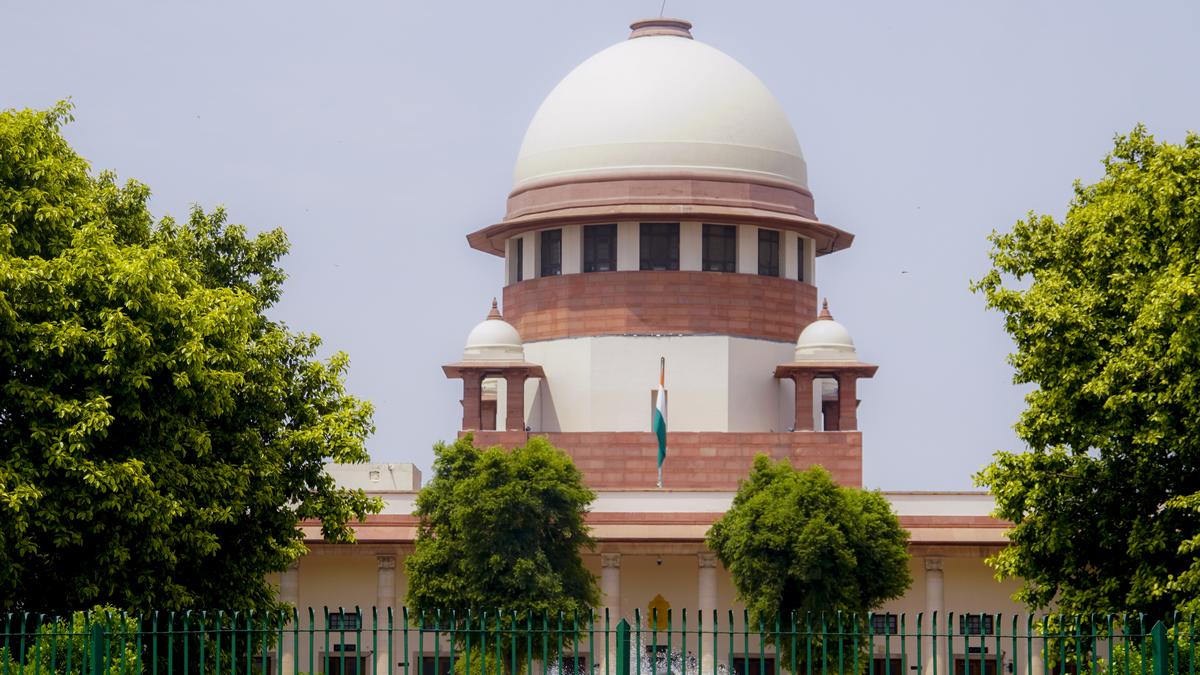Description

Copyright infringement not intended
Picture Courtesy: bwlegalworld. business world.in
Context: The Supreme Court criticized an Advocate-on-Record (AoR) for pursuing a frivolous case and emphasized the need for a more substantial and responsible role for AoRs in the legal system, while also urging collaborative efforts with the Bar to reform and enhance the AoR system.
Details
- The Advocate-on-Record (AoR) system in the Supreme Court of India is a unique feature of the Indian legal system.
- An AoR is a legal professional who is authorized to file cases and represent clients before the Supreme Court of India.
- The AoR serves as a link between the litigant and the Supreme Court, playing a crucial role in the filing and management of cases.

Advocate-on-Record (AoR) system
- The AoR system is based on the British practice of barristers and solicitors, where barristers argue cases, and solicitors handle client relationships and case management.
- In India, senior advocates are designated by the Court and, like barristers, cannot solicit clients; instead, they are engaged by other lawyers, such as AoRs, to argue cases.
Who is an AoR?
- An Advocate-on-Record (AoR) is a lawyer who has met specific eligibility criteria and has passed a rigorous examination conducted by the Supreme Court.
- Only AoRs are allowed to file cases before the Supreme Court, and they can engage other lawyers, including senior counsels, to argue cases on behalf of their clients.
To become an AoR, an advocate must meet certain requirements, including:
- Having at least four years of legal practice before starting the training.
- Completing one year of training under a court-approved AoR.
- Passing a comprehensive examination conducted by the Supreme Court, this includes subjects like Practice and Procedure, Drafting, Professional Ethics, and Leading Cases.
Office Location
- An AoR must have an office in Delhi located within a 16-kilometer radius of the Supreme Court. This requirement ensures that AoRs are easily accessible for court-related matters.
Registered Clerk
- Upon registration as an AoR, the advocate is required to employ a registered clerk within one month. This clerk assists the AoR in managing case-related paperwork and administrative tasks.
Rules Governing the AoR System
- The Supreme Court has the authority to make rules and regulate its procedure for hearing cases under Article 145 of the Indian Constitution. The Advocate-on-Record system is one such rule created by the Supreme Court under this authority.
- While the Advocates Act grants lawyers the right to practice law in any court or tribunal in the country, it also explicitly recognizes the Supreme Court's power to create its own rules.

Conclusion
- The recent call for reform and improvement in the AoR system by the Supreme Court highlights the importance of maintaining high standards and accountability among AoRs to prevent frivolous or unwarranted litigation in the Supreme Court.
Must Read Articles:
Advocate On Record: https://www.iasgyan.in/daily-current-affairs/advocate-on-record#:~:text=An%20Advocate%2Don%2DRecord%20is,Court%20of%20India%20Rules%2C%201966.
|
PRACTICE QUESTION
Q. What are the main obstacles to achieving comprehensive judicial reform in India, and what strategies or initiatives can be employed to address them and improve the efficiency and effectiveness of the Indian judicial system?
|
Array
(
[0] => daily-current-affairs/advocate-on-record-system
[1] => daily-current-affairs
[2] => advocate-on-record-system
)









